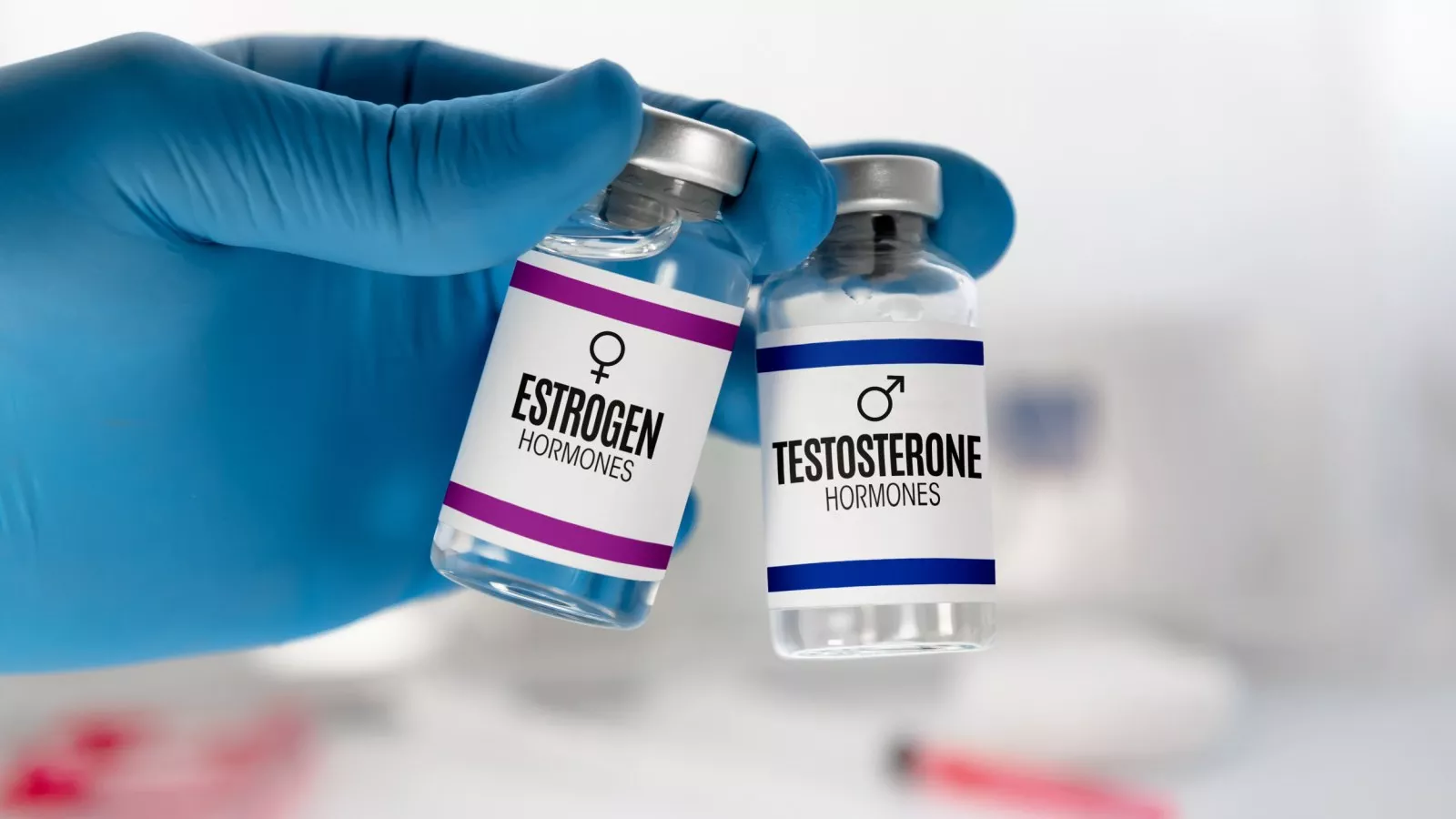
Medical professionals were aware of at least one case of cancer thought to be linked to a hormonal medication taken to aid gender transitioning, leaked documents from a worldwide transgender nonprofit organization suggests.
In a report released Monday, the think tank Environmental Progress published hundreds of messages it said were from an internal forum of members of the World Professional Association for Transgender Health (WPATH), in which they discussed gender-affirming treatment and the complications that had arisen from particular cases.
The report comes amid a national debate on gender-affirming health care, as states across the U.S. have introduced legislation to limit treatment for young people who identify as transgender.
Among the messages is one, dated February 24, 2022, in which a person—identified by the report as a doctor—said a colleague developed hepatocarcinomas, or liver tumors, after eight to 10 years of taking testosterone.
“To the best of my knowledge, it was linked to his hormonal treatment,” the message said. “Unfortunately I don’t have much more details since it was so advanced that he opted for palliative care and died a couple months after.”
Newsweek could not independently verify the authenticity of the messages, which appear in the report as screenshots and printouts, and many have names redacted. WPATH was contacted via email for comment Tuesday.

A potential link between testosterone—which regulates pubic development, and which biological males produce naturally more than females—and liver cancer has been noted before.
A 2020 paper published in The Lancet detailed one case in which a 17-year-old transgender man developed liver tumors after taking testosterone. The patient was advised to stop taking testosterone, and the study said the relationship between the hormone and the tumor growth was unknown.
Another study, published in October, found cases in which transgender individuals receiving hormone therapies developed liver tumors, but it said the results were “not sufficient to conclude that there is an association” between the two.
Gender-affirming hormone therapies have also been linked to other forms of cancer—though research has so far been inconclusive.
A 2019 study of transgender adults in Amsterdam found there was an “increased risk of breast cancer in trans women” who had received hormone therapy compared to biological men.
However, last year, another study in the U.S. found that while there were signs of cellular changes with some hormone treatments, testosterone “does not appear to increase risk for breast cancer” and “additional studies are needed to investigate the mechanism responsible for these changes at a cellular level and its role in cancer development.”
The message referring to a case of liver cancer was seemingly in response to an earlier one, posted in December 2021, detailing an instance of a 16-year-old patient who had developed hepatic adenomas, benign liver lesions, after being on testosterone for a little over a year and a synthetic form of progesterone.
Hepatic adenomas are rare, but they are associated with oral contraceptive pills and are seen in patients treated with anabolic steroids, according to the National Library of Medicine.
In the messages, the WPATH members discussed academic papers, asked for advice on issues surrounding gender-affirming care and shared their professional experiences. Environmental Progress said the leaks showed members appeared to be improvising treatments and, in some cases, spoke out against safeguarding requirements.
Michael Shellenberger, the president and founder of Environmental Progress, said in a statement that the leaks show that WPATH members “know that the so-called ‘gender-affirming care’ they provide can result in life-long complications and sterility and that their patients do not understand the implications.”
While proponents of gender-affirming care say that such treatments help overcome gender dysphoria—and that barriers to treatment can worsen the mental health of those who feel they are trapped in the wrong body—opponents say that a rise in young people exhibiting gender dysphoria may be in part a product of wider mental-health issues that should be identified and addressed before changing a person’s body.
On its website, WPATH says it “promotes the highest standards of health care for individuals,” which are “based on the best available science and expert professional consensus.”



